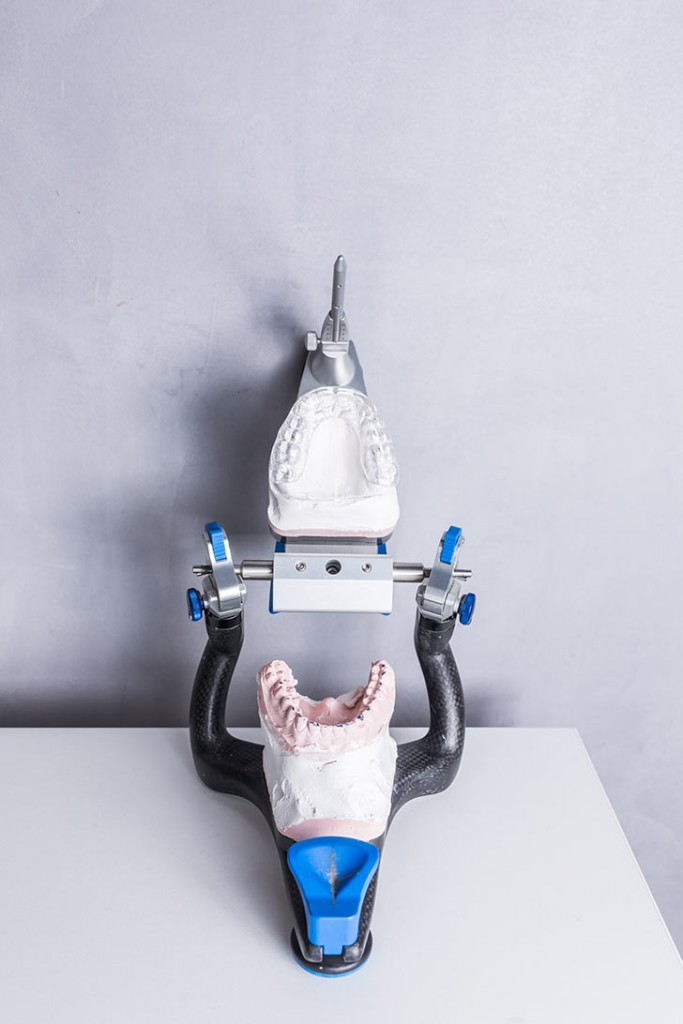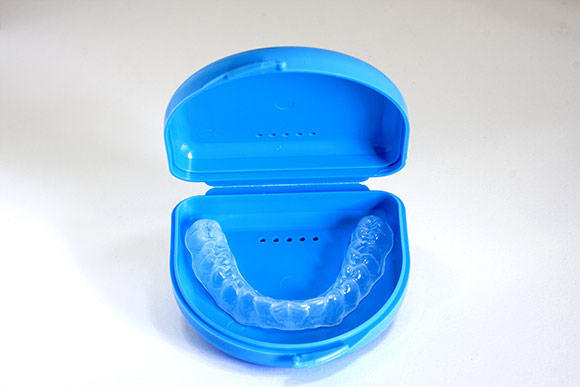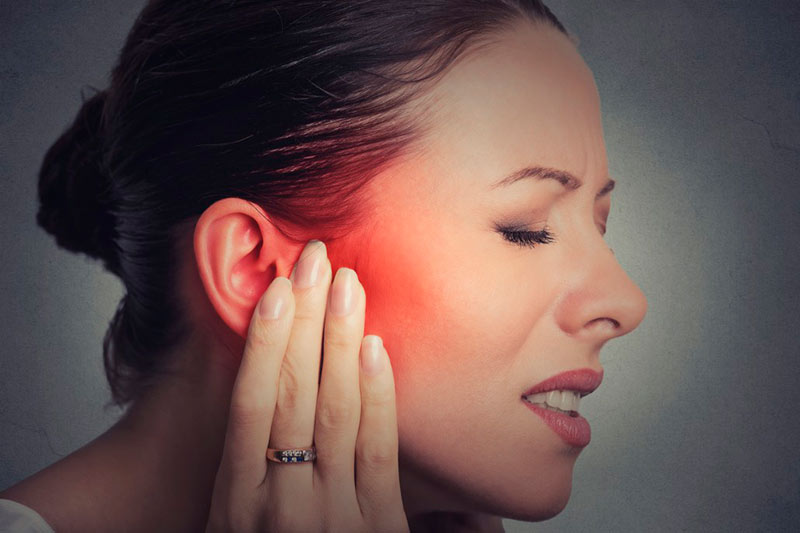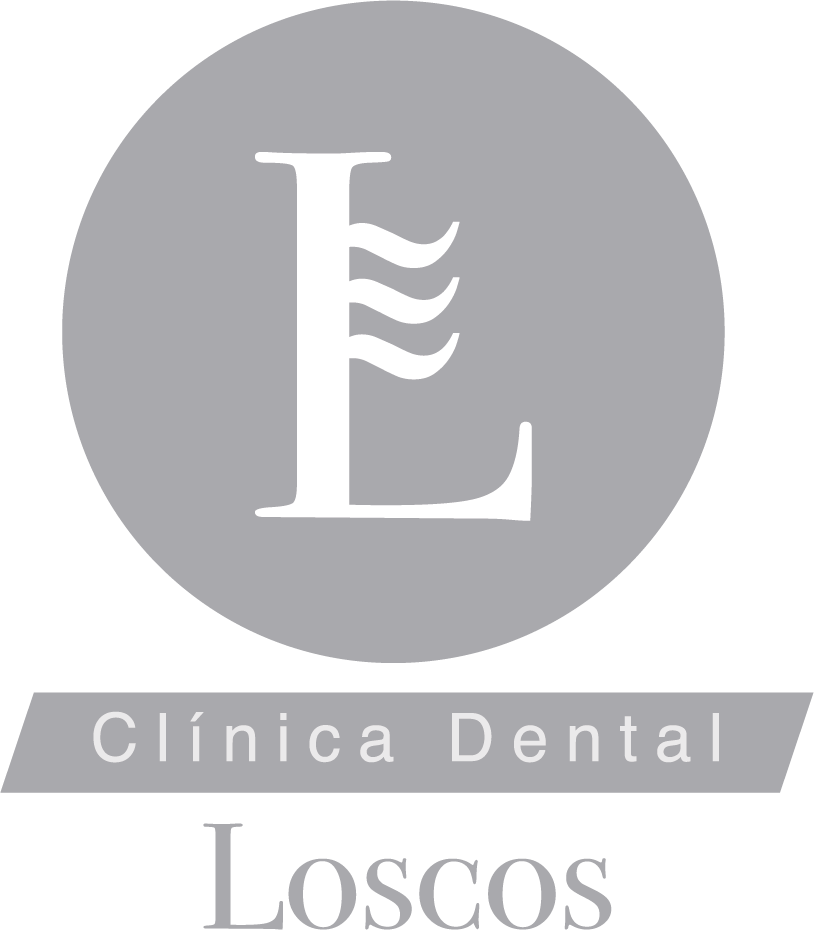Bruxism

Do I have bruxism?
- Do you squeeze or grind your teeth?
- When you wake up in the morning do you have pain in your jaw and / or headache?
- When you open your mouth does the jaw click?
- Do you feel your jaw drop?
- Do you have pain when you open your mouth, eat, yawn or talk?
- Do you have trouble opening or closing your mouth?
- Do you have problems in other joints (arthritis)?
- Have you had cervical or jaw injuries?
- Do you have a headache or neck pain frequently?
- Do you have teeth that no longer contact when you bite?
- Do you have worn teeth?
If your answer to one or more of these questions is a YES, those symptoms could be caused by problems in the teeth, in the joint or in the muscles related to chewing. Come visit us and we will make an exhaustive diagnosis about the cause of your ailment.
What are the causes of mandibular dysfunction?
The causes of dysfunctions are diverse, but they are always related to components of the masticatory system such as muscles, teeth and temporomandibular joint.
The muscles provide the necessary strength to chew, speak, swallow … but their exaggerated contraction due to stress or other alterations make them rigid and painful, giving rise to pain in the neck, shoulders or head.
The teeth transmit muscle strength and with their proper gear ensure a good function. Its absence or malposition influence not only a bad function, but also dysfunction (disease).
The temporomandibular joint that joins the jaw to the skull, can be injured as a result of previous alterations and also by a blow, a disease or an abnormality in development.
In some people who present these alterations, the discomfort is aggravated, and become so severe (arthritis-arthritis) that will require surgery.
The dentist, through a clinical examination, occlusion analysis and complementary radiological and laboratory tests, will assess the degree of involvement of each of the components of the system and establish the most appropriate treatment.

What is the treatment?
The treatment of cranial mandibular dysfunctions is more difficult the more chronic the dysfunction is, therefore, our advice is to go to the specialist as soon as the first symptoms are noticed. At Clínica Loscos we are specialists in the treatment of bruxism in Zaragoza.
The base of the treatment is to restore the balance between muscles, teeth and temporo-mandibular joint, through different techniques among which is the use of splints.
What are splints?
The splint or discharge plate is a resin device that adapts to the patient’s teeth to combat what we know as bruxism or involuntary habit of grinding or clenching the teeth.
ATM splint
In cases of severe bruxism, a 24h discharge splint is necessary, accompanied by instructions that favor the relaxation of the temporo-mandibular joint.
What can I do to avoid dysfunction?
- Avoid bad postural habits, whether standing, sitting or lying down.
- Avoid bad oral habits such as biting your nails, chewing gum, chewing on one side, or clenching or grinding your teeth, bad tongue position at rest or swallowing, or breathing through your mouth.
- Proper care and hygiene of the teeth.
- Avoid excessive mobility when opening and advancing the jaw.
- Visit the dentist periodically.



